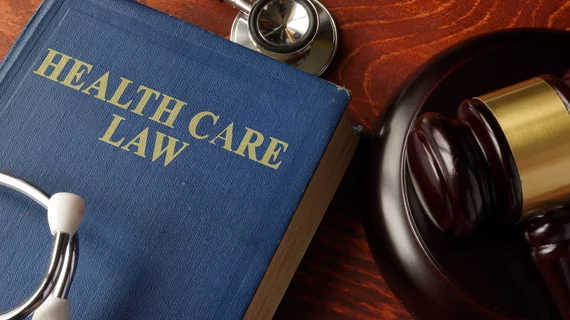Radiology, emergency medicine and anesthesiology societies urge appeals court not to undo surprise-billing win
Medical societies representing radiologists, emergency medicine physicians and anesthesiologists on Monday jointly urged a U.S. appeals court not to undo a recent court decision related to the No Surprises Act.
Back in February, a federal judge ruled that parts of law violate the Administrative Procedure Act. That’s because they make the qualifying payment amount the main consideration for arbitrators settling payment disputes between providers and payers over out-of-network claims.
The federal government has since appealed the decision. In a Sept. 18 friend-of-the-court brief, the American College of Radiology, American Society of Anesthesiologists and the American College of Emergency Physicians asked the U.S. Court of Appeals for the 5th Circuit to affirm the ruling.
“If the final rule goes into effect, it will depress payments for the anesthesiology, radiology and emergency services of [the three societies’] members by empowering insurers to lower in-network rates, which, in turn, will depress out-of-network rates,” ACR et al. said in the court filing. “This under-compensation of out-of-network care will threaten the viability of smaller and independent physician practices and the inevitable result will be the consolidation or closure of these practices. This will lead to fewer services in rural and other underserved communities, which ultimately will harm the care of patients in those areas struggling with accessibility to quality treatment.”
The American Medical Association and American Hospital Association also submitted their own brief on Monday urging the appeals court affirm the decision. They charged that the final No Surprises Act rule “places a heavy thumb on the scale in favor of insurers in the [independent dispute resolution] process.”
In a separate suit, the court ruled again on Aug. 24 that the methodology insurers use to calculate the qualifying payment amount is skewed in insurers’ favor. The Centers for Medicare & Medicaid Services has since suspended the IDR process, though it did instruct arbitrators to resume eligibility determinations earlier this month.
The Texas Medical Association and other plaintiffs have filed a series of lawsuits challenging the implementation of the NSA and resulting in these recent court decisions.

